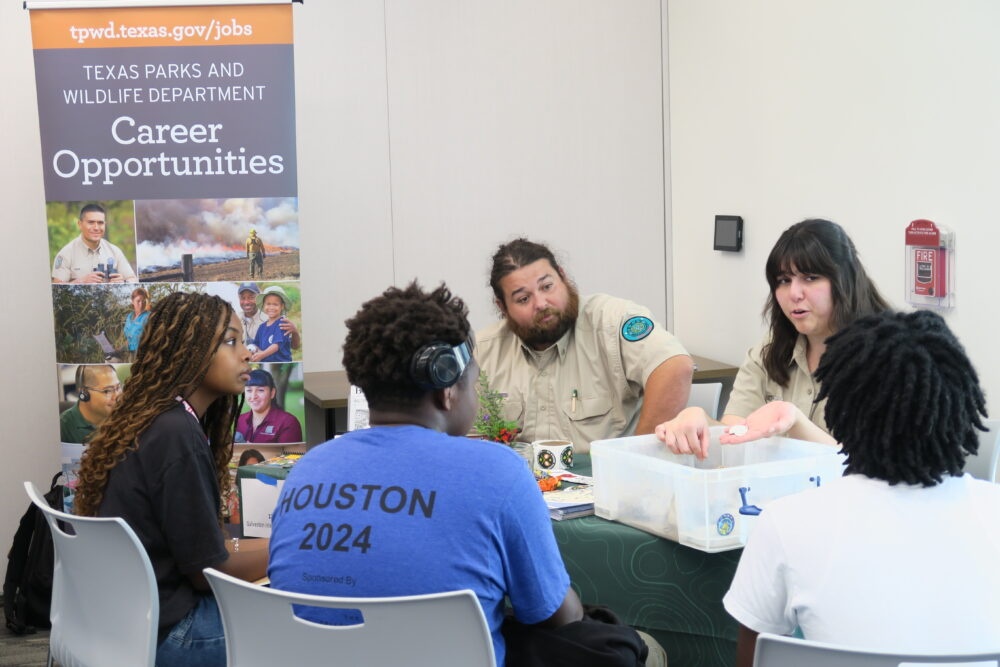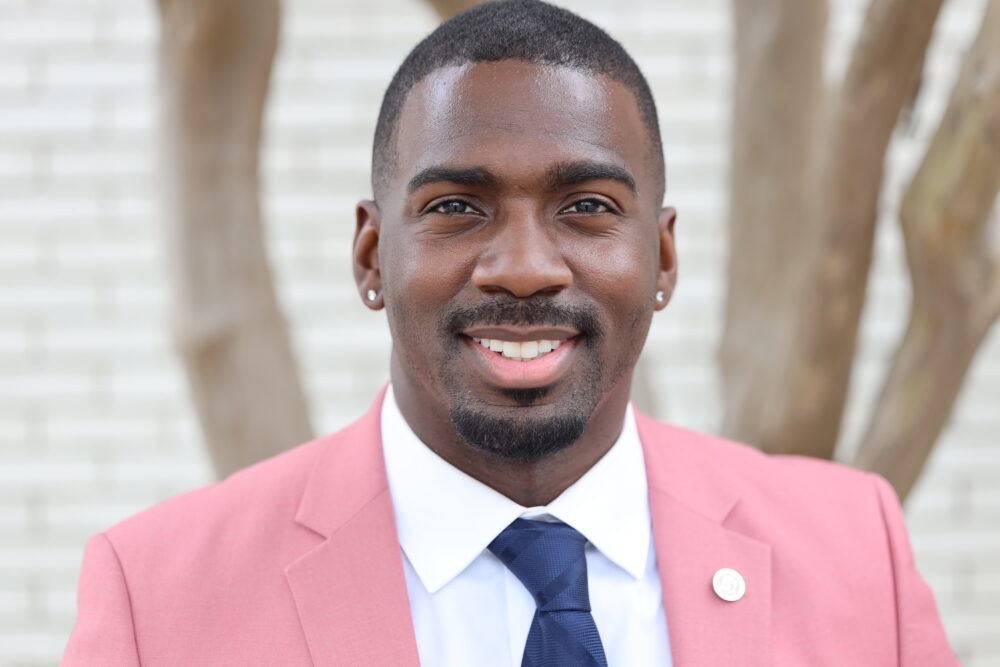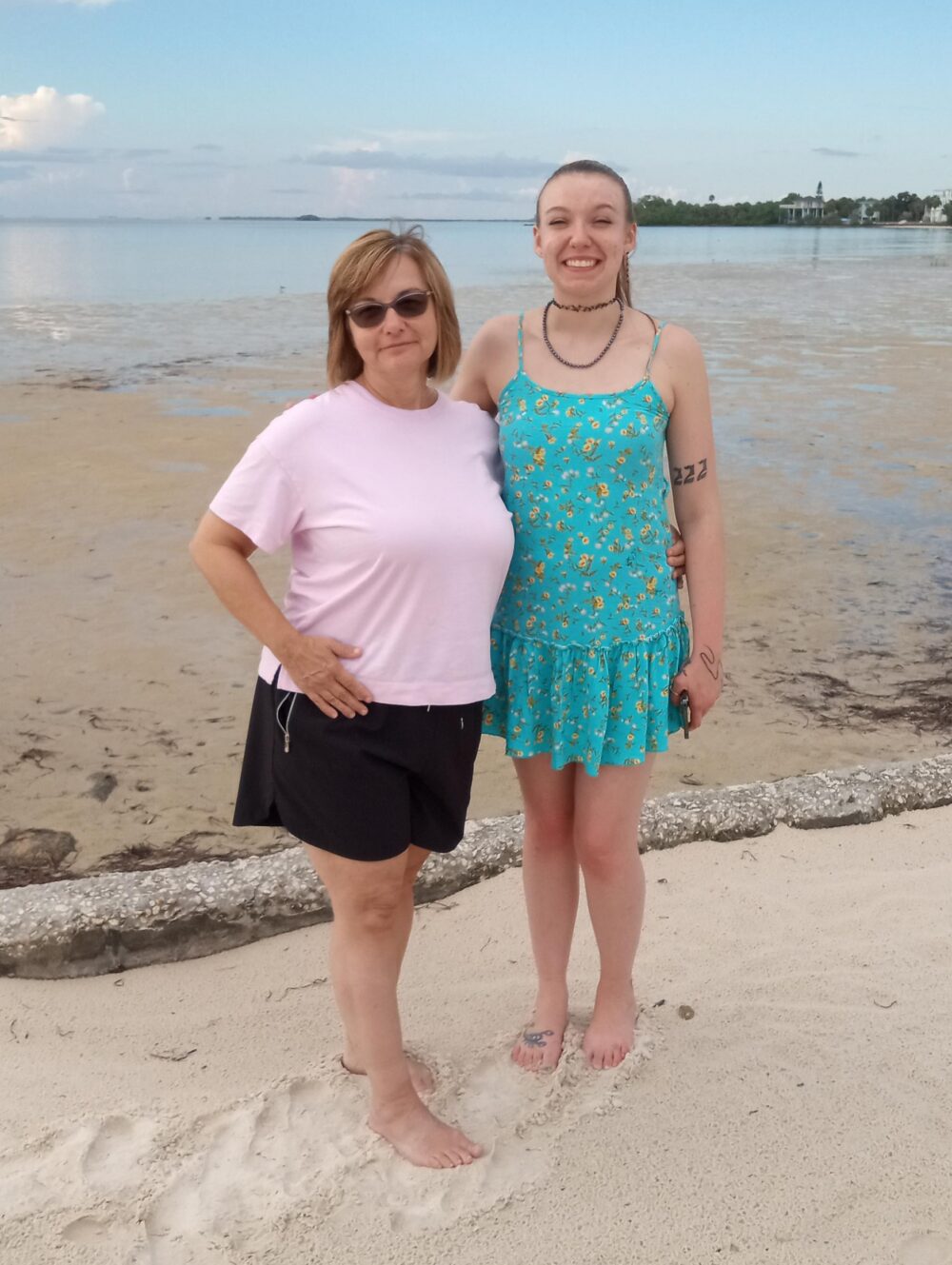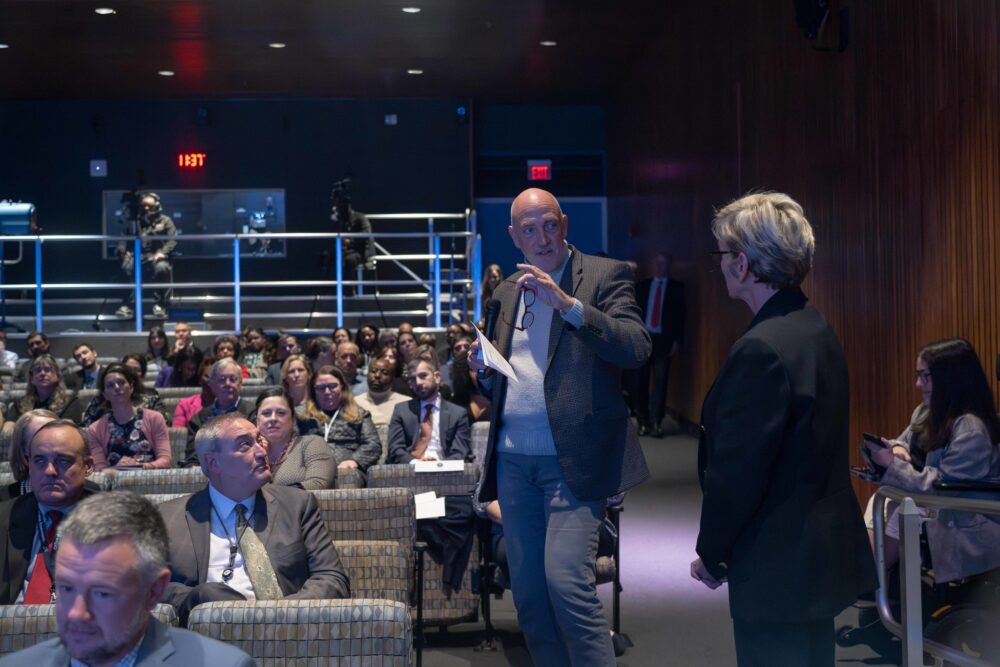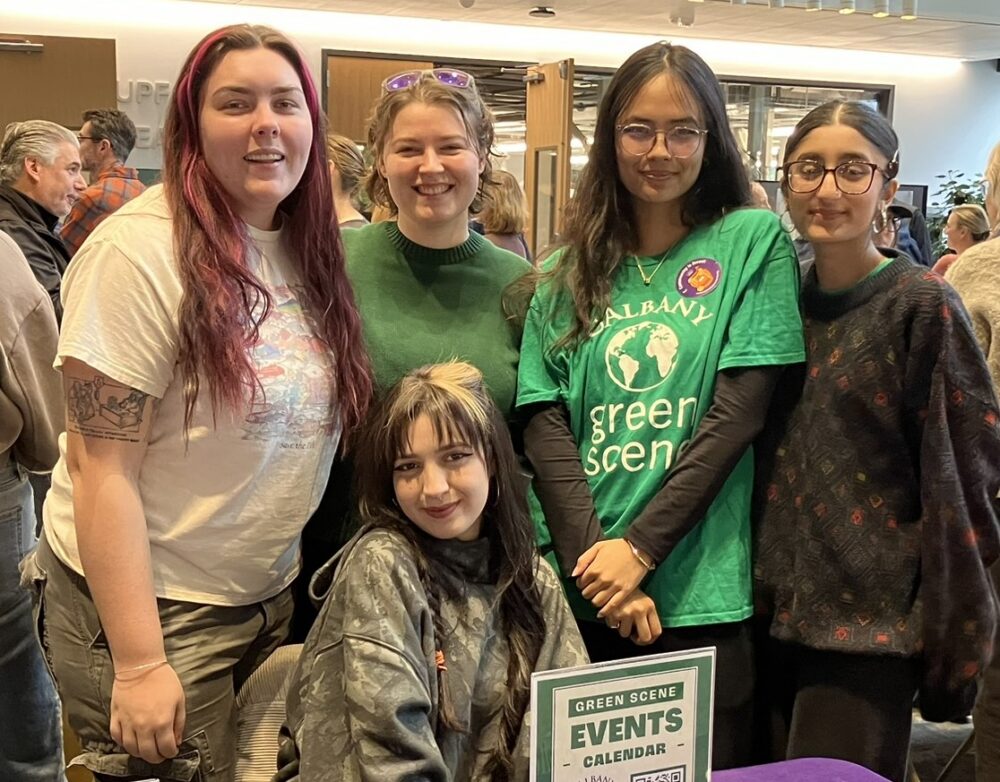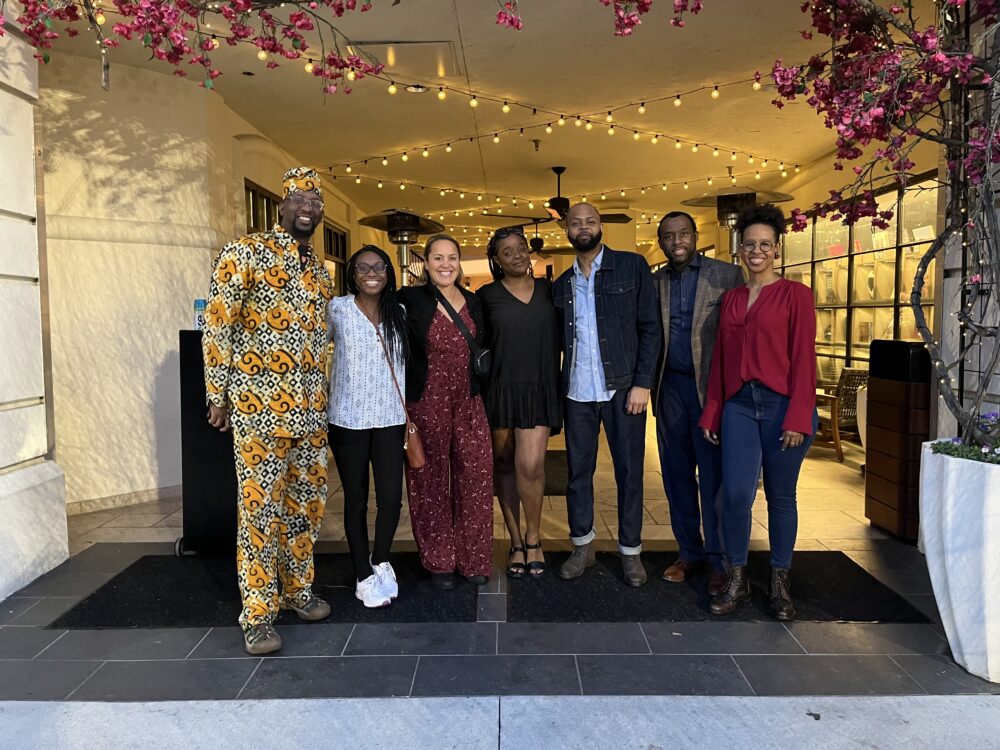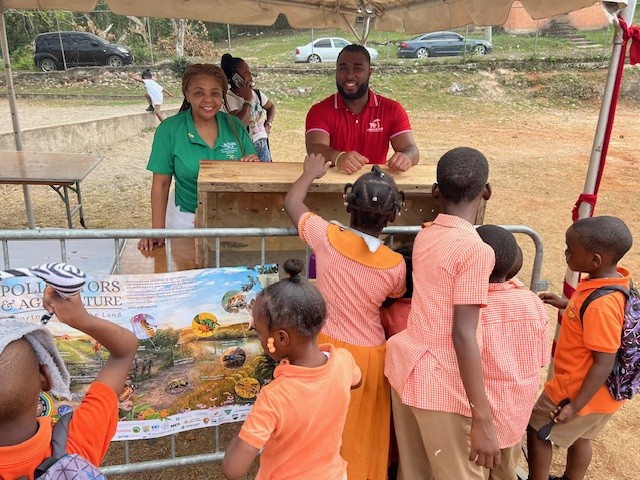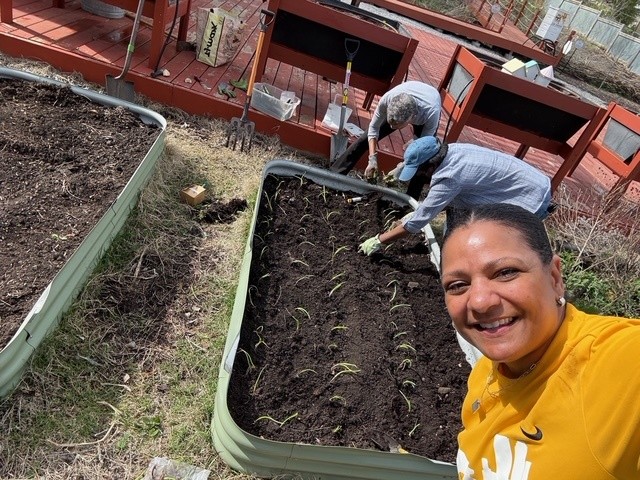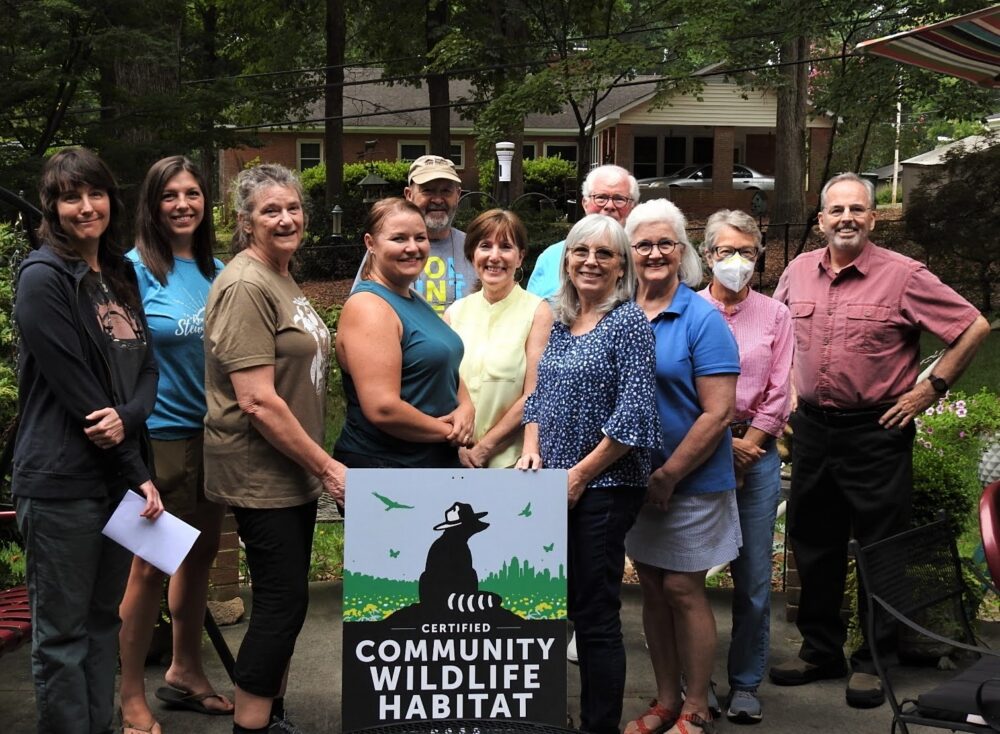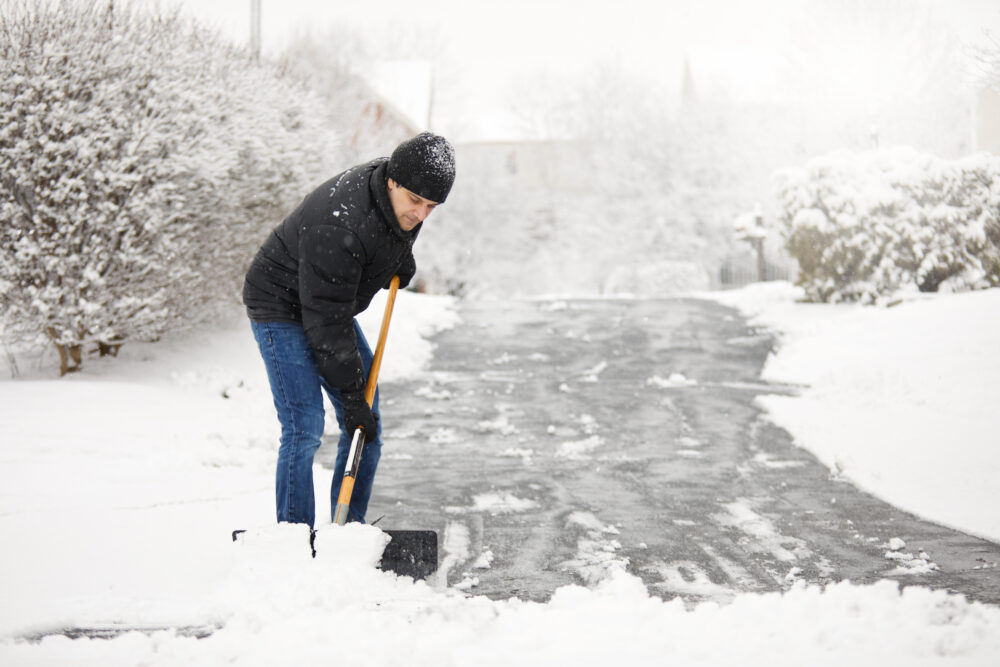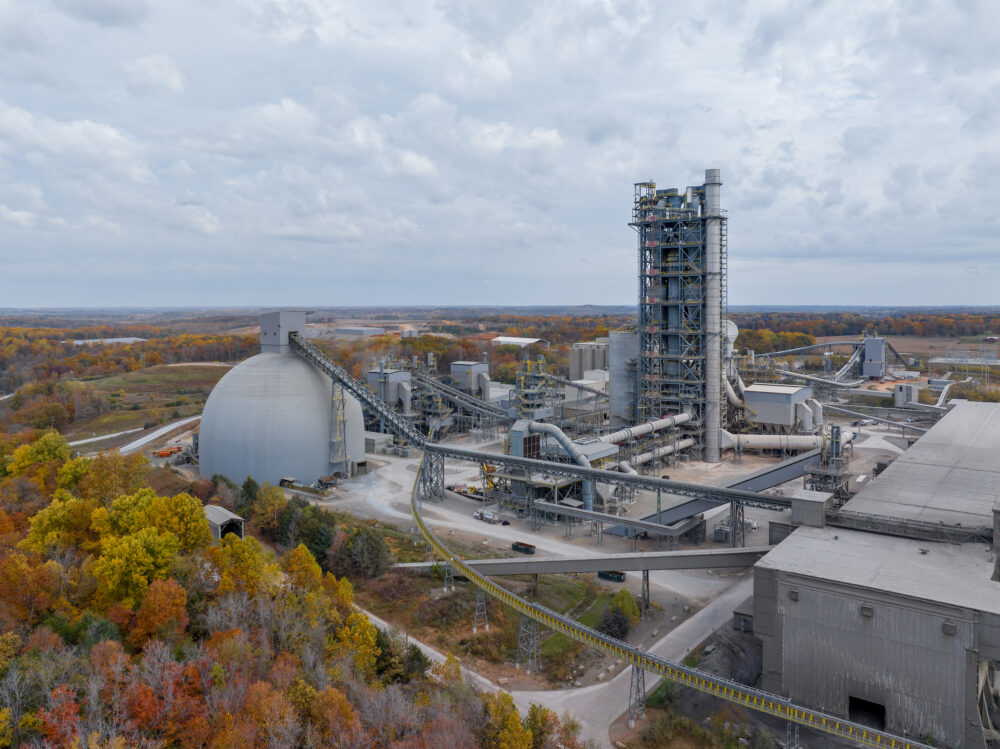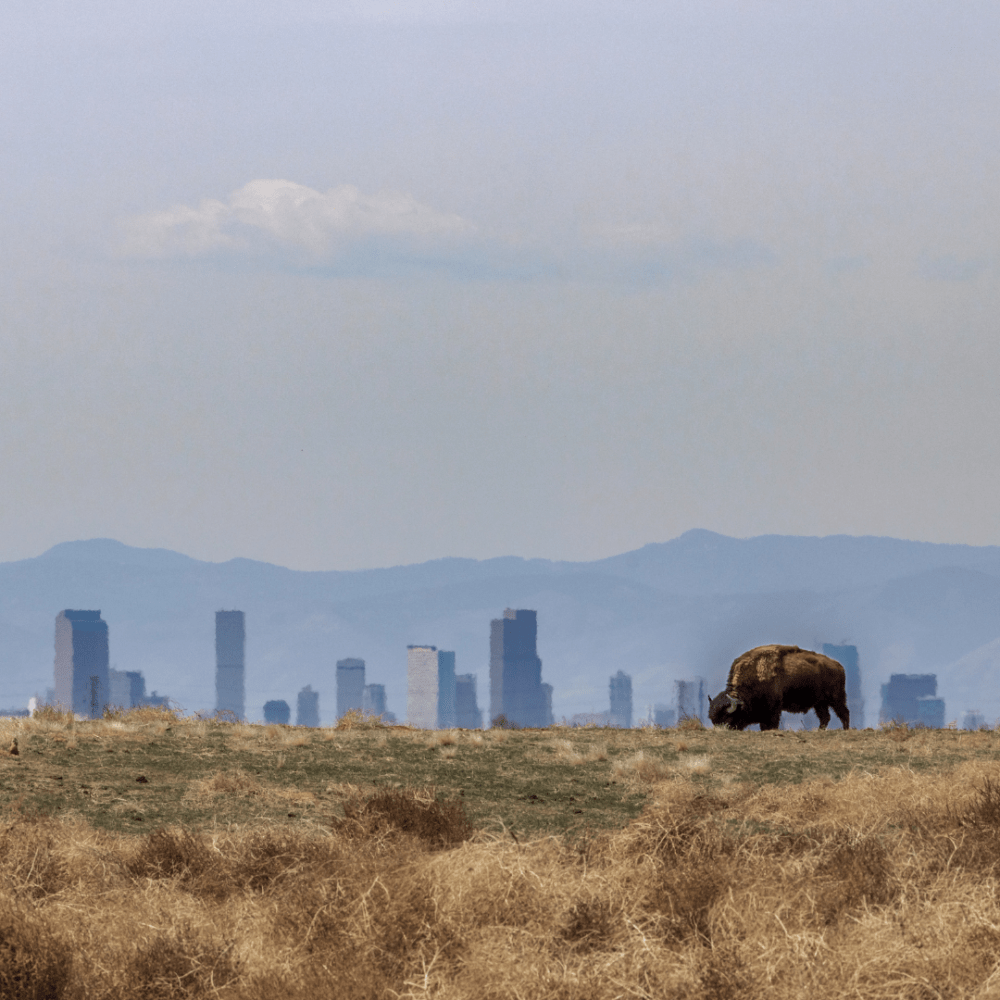We have much more to do and your continued support is needed now more than ever.
How College Campuses got Creative Reducing Waste in 2021
Colleges and universities across the country implement creative and strategic waste minimization practices during the COVID-19 global pandemic
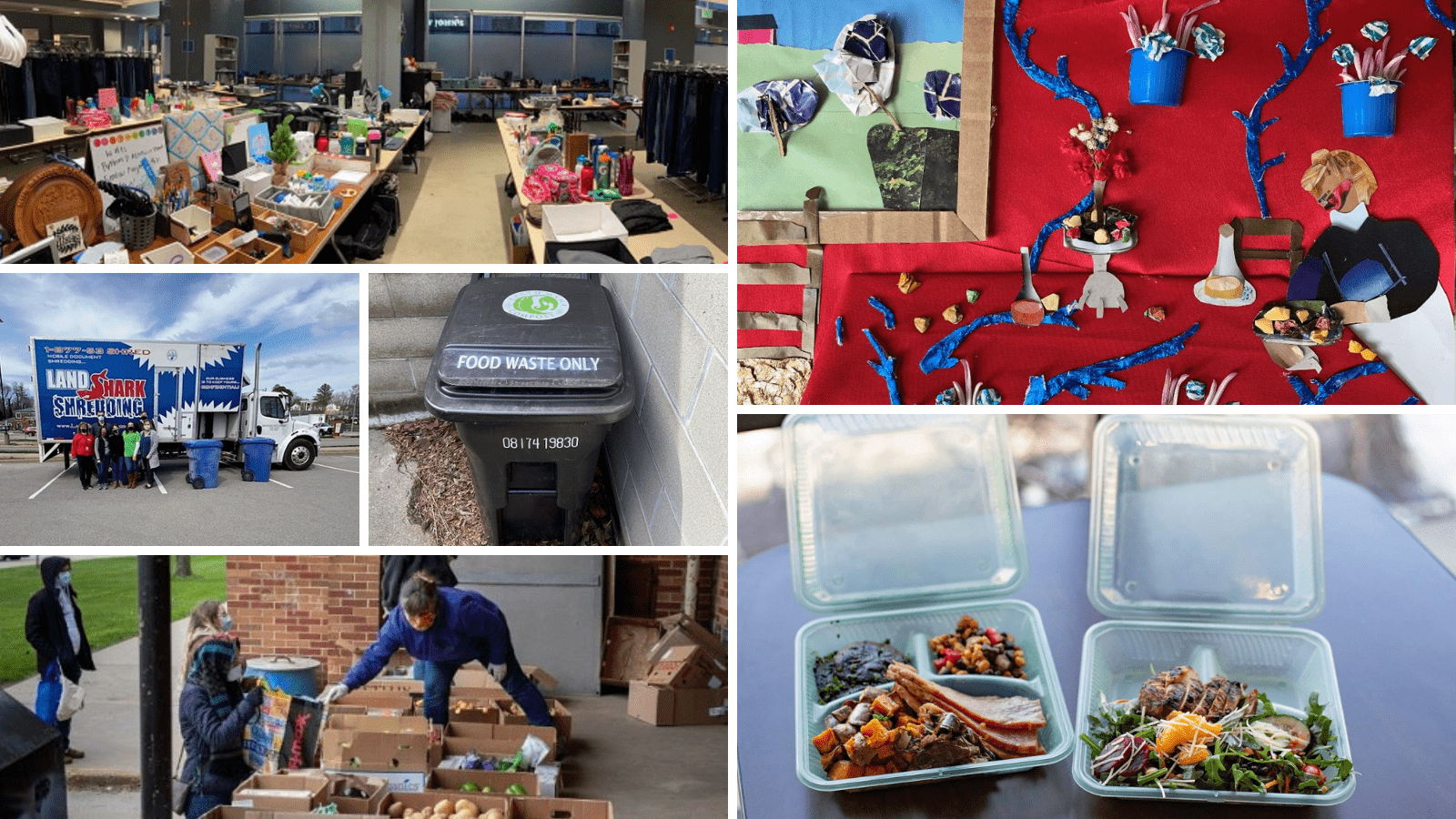
Each year the Campus Race to Zero Waste (formerly RecycleMania) program calls for best practice case studies from campuses across the U.S. and Canada to showcase programs and strategies in waste minimization, food waste reduction, and education and awareness. The case study resource is a great opportunity to gain recognition for campus efforts to reduce waste and to share helpful information for campuses that are working on similar efforts.
Winners are recognized in four categories: waste minimization, food waste reduction, education and awareness, and a summary of waste minimization efforts over a year or more. Judging is based on criteria including creativity, transferability (how easily could the initiative be replicated), and measurable impact.
Despite the challenges campuses faced this year due to COVID-19 including increased safety policies and online learning schedules, students, faculty and staff continued their efforts to advance waste minimization and zero waste efforts on campus. Many campuses increased their social media presence, launched digital education and awareness campaigns, and also started to think ahead to ensure they could hit the ground running in the fall to refresh and restart sustainability efforts that had been put on hold due to the pandemic. Efforts to increase the use of reusable items such as beverage containers and reusable clamshells for food take-out, and encouraging reusable masks, are just a few examples.
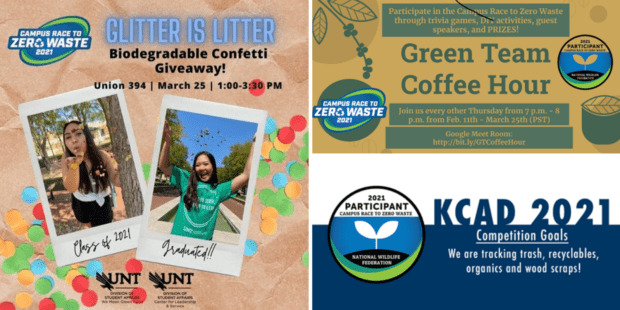
We are excited to announce the winners for the 2021 Campus Race to Zero Waste Case Study Competition:
Waste Minimization Winner:
- Lehigh University (Pennsylvania) – Reduces the use of, and waste from, disposable clamshell take-out containers on campus through its ecocontainer effort.
Food Waste Reduction:
- Indiana University Purdue University – Launches Riverwalk Composting Pilot Program, a student‐led initiative focused on empowering residents at Riverwalk Apartments to compost their food waste.
Education and Awareness:
- Dallas College (Texas) – Promotes zero waste with an online Zero Waste Education Hub, and modeled Zero Waste Practices in Arts, Construction and Public Health.
- Towson University (Maryland) receives an Honorable Mention – Hosts social media education and awareness campaigns focused on waste reduction and avoidance best practices, with an emphasis on food waste and wasted food.
Summary of Waste Reduction Efforts:
- Kent State University at Kent (Ohio) – Focuses on food insecurity and food waste diversion, summarizing efforts since 2011.
Check out our top picks of how campuses overcame COVID-19 challenges:
- Drexel University’s (Pennsylvania) dining services tackles the question – how can we support the need for student safety while minimizing the use of plastics?
- Miami University (Ohio) raises awareness of zero waste, food waste, and recycling virtually on social media during the pandemic.
- North Carolina State University hosts virtual focus groups during COVID, to gather information about the knowledge base on campus related to waste minimization and gain ideas on how to improve waste reduction and recycling efforts.
- Xavier University in Louisiana launches a “Digital Recycling Awareness” campaign, due to COVID‐19 in‐person restrictions on campus, on the concept of “Reduce, Reuse, Recycle” to influence on and off campus recycling.
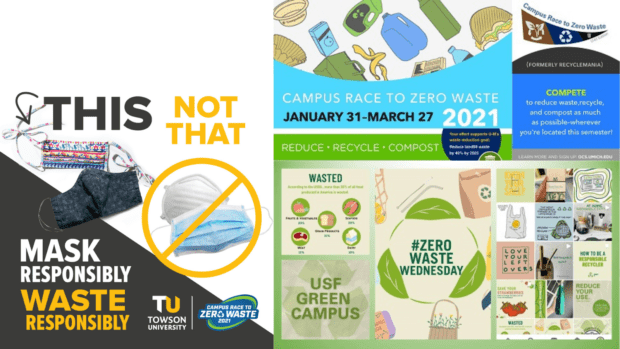
Browse all 2021 Case Studies:
Waste Minimization
- Case Western Reserve University (Ohio) aims to reduce waste on campus by offering a free store which received secondhand student donations and allowed other students to shop for free.
- Georgia Institute of Technology’s AWARE (Actively Working to Achieve Resource Efficiency) deskside recycling program places reasonability on the individual to increase recycling and reallocate custodial resources.
- Kendall College of Art and Design (Michigan) uses the Campus Race to Zero Waste competition to identify gaps and to find solutions to waste stream challenges.
- Lehigh University (Pennsylvania) reduces the use of, and waste from, disposable clamshell take out containers on campus through it’s ecocontainer effort.
- Macalester College (Minnesota) reduces waste and promotes equity by creating a free, environmentally friendly and socially responsible clothing and item exchange program for the student body.
- North Carolina State University audits walkway bin systems on campus to determine what type of material is collected within the bins, if increased signage reduces contamination, how solar belly walkway bins compare, and if adding a restricted opening to recycling bins changes contamination rates.
- The Ohio State University implements a Zero Waste Drop‐Off Station to provide students living off‐campus with access to free recycling and composting.
- U.S. Military Academy at West Point (New York) implements a campus‐wide recycling infrastructure and reviews their sustainability education campaign through participation in the CR2ZW competition.
- University of California Berkeley makes single-use plastic water bottles only available upon request in the dining halls, in an effort to reduce plastic consumption and waste on campus.
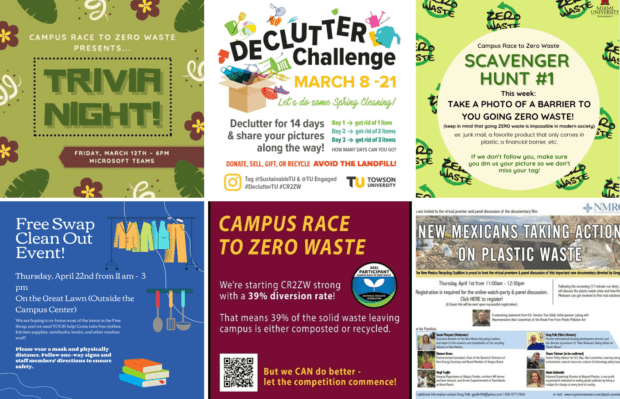
Food Waste Reduction
- Indiana University Purdue University Indianapolis’s Riverwalk Composting Pilot Program is a student‐led initiative focused on empowering residents at Riverwalk Apartments to compost their food waste.
- Kent State University at Kent (Ohio) supports campus and community during times of food insecurity and diverts food waste during the Covid‐19 pandemic.
- Lehigh University (Pennsylvania) pilots a pre‐consumer composting program in one of their campus dining facilities.
- University of California-Irvine focuses on the various stages of their food waste reduction program and the campus food waste to biofuels program in the post‐consumer process.
- University of Richmond (Virginia) composts 54 tons of food related waste in the first five months of its compost pilot program.
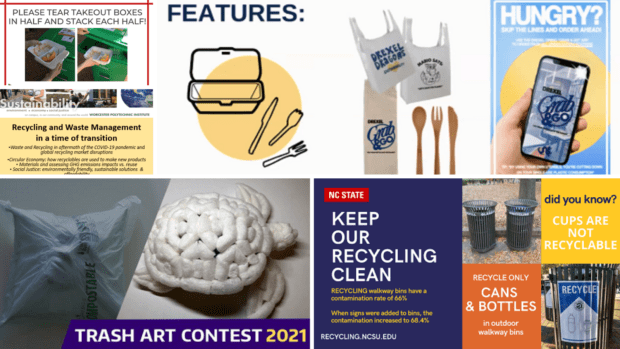
Education and Awareness
- Austin Peay State University (Tennessee) partners with the local Green Certification Program to host an “Office Spring Cleaning” event with free secure document shredding, electronics recycling, and toner/ink recycling.
- Central Michigan University measures the impact of educational, student‐made videos and student engagement content created during the Campus Race to Zero Waste competition.
- Central New Mexico Community College launches online campaigns to educate and engage students, staff, and the wider community on waste reduction and recycling.
- College of William and Mary (Virginia) develops signs, posters, and videos promoting individual behaviors that mitigate waste stream issues.
- Dallas College (Texas) promotes zero waste with an online Zero Waste Education Hub, and modeled Zero Waste Practices in Arts, Construction and Public Health.
- Drexel University’s (Pennsylvania) dining services tackles the question – how can we support the need for student safety while minimizing the use of plastics?
- Edmonds College’s (Washington) hosts series promoting waste stream management education and provides resources regarding environmental justice and access to responsible waste management resources based on students’ needs.
- Indiana University Purdue University Indianapolis’s Riverwalk Composting Pilot Program is a student‐led initiative focused on empowering residents at Riverwalk Apartments to compost their food waste.
- Macalester College (Minnesota) educates incoming first years on the environmental justice implications of waste, promote refusing waste to halt the cycle of production and consumption, and teach basic logistics of waste sorting on campus.
- Miami University (Ohio) raises awareness of zero waste, food waste, and recycling virtually on social media during the pandemic.
- North Carolina State University hosts virtual focus groups during COVID, to gather information about the knowledge base on campus related to waste minimization and gain ideas on how to improve waste reduction and recycling efforts.
- The University of Texas at Dallas builds a coalition of students and sustainability‐oriented student organizations to promote waste minimization practices and increase recycling rates during the CR2ZW competition season and beyond.
- Towson University’s (Maryland) social media education and awareness campaigns focused on waste reduction and avoidance best practices, with an emphasis on food waste and wasted food.
- University at Albany (New York) focuses on waste reduction and access to clean water through incentivizing reusable water bottles with the Fill It Forward app while also giving back to the global community.
- University of Michigan engages staff and students working and studying both on campus and remotely using weekly feedback, themes, challenges, and activities throughout the competition to encourage waste reducing behaviors.
- University of North Texas students were given pouches of biodegradable confetti composed of dried flowers as a plastic‐free alternative to help prevent plastic confetti litter on campus from graduation photo shoots.
- University of South Florida students create a social marketing campaign to increase awareness of recycling and food waste reduction on campus.
- University of Southern Mississippi focuses on educational outreach by hosting events to help engage the campus community on sustainable practices and issues.
- University of Washington hosts a Trash Art Contest for the campus community members to raise awareness about waste impacts on the environment.
- Worcester Polytechnic Institute (Massachusestts) hosts an interactive seminar developed in collaboration with WPI’s Student Green Team to convey information and awareness on waste and recycling.
- Xavier University in Louisiana launches a “Digital Recycling Awareness” campaign, due to COVID‐19 in‐person restrictions on campus, on the concept of “Reduce, Reuse, Recycle” to influence on and off campus recycling.
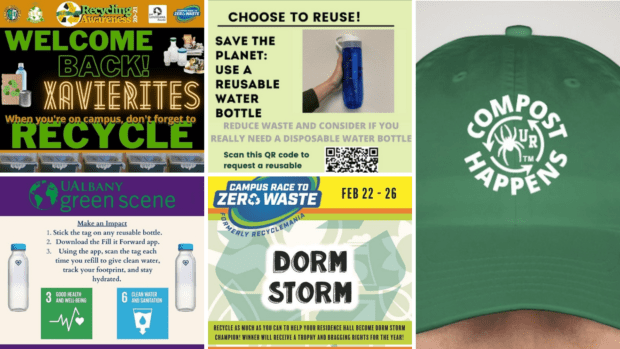
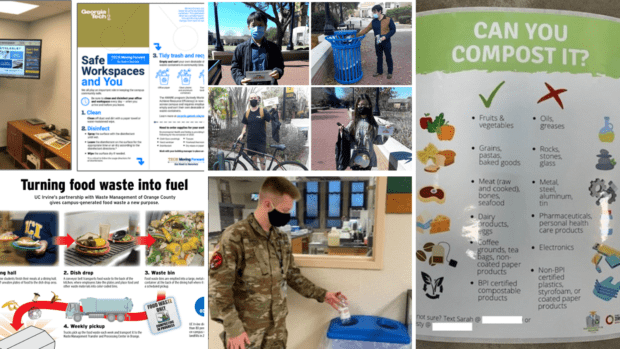
Check out the final results of the 2021 Campus Race to Zero Waste competition
Check out all Campus Race to Zero Waste case studies
About Campus Race to Zero Waste
Campus Race to Zero Waste – formerly known as RecycleMania – is the nation’s premier waste reduction and recycling competition among colleges and universities, managed by National Wildlife Federation, and governed by RecycleMania, Inc.





